ALL ABOUT RESINOUS FLOORS AND MORE
-
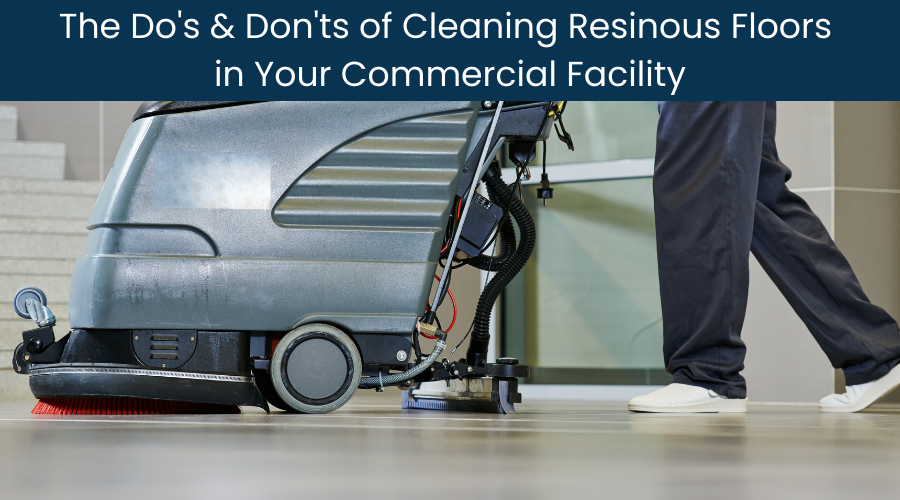
THE DO'S AND DON'TS OF CLEANING RESINOUS FLOORS IN YOUR COMMERCIAL FACILITY
Have questions about how to properly clean resinous floors in your commercial facility? We have all the answers in this blog. Read to find out if you're following necessary practices to keep your floors looking nice and new.
Read More
-
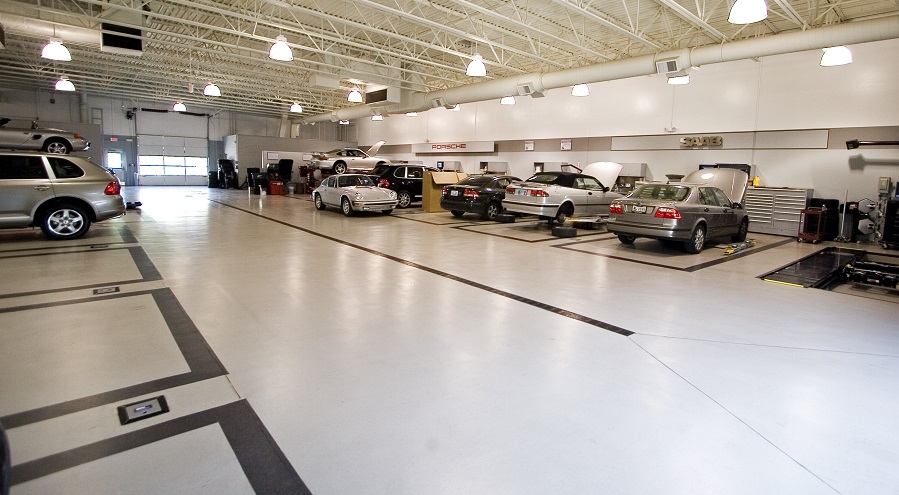
CHOOSING THE RIGHT FLOOR FOR YOUR FACILITY
Many factors play a role in selecting the best resinous flooring system for your facility. It's important to understand the difference between a coating and full resinous flooring system when making your decision. Our blog post offers helpful information to get you started with the process.
Read More
-
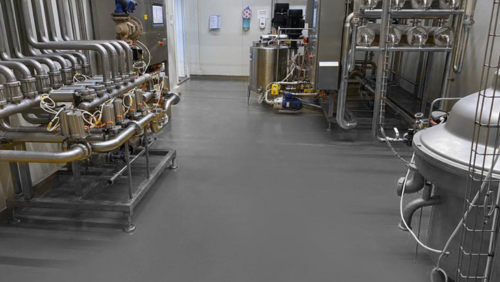
Stonchem CIP: A New Flooring Solution for Clean-In-Place Areas
Stonhard's Stonchem CIP flooring transforms clean-in-place environments in food & beverage and pharmaceutical facilities, enhancing safety, hygiene, and efficiency.
Read More
-

Achieving Slip Resistance with the Diverse Textures of Resinous Floors
Slip resistance is key in high-traffic flooring. Resinous floors not only offer durability and versatility, but varying levels of texture to support safety.
Read More
-
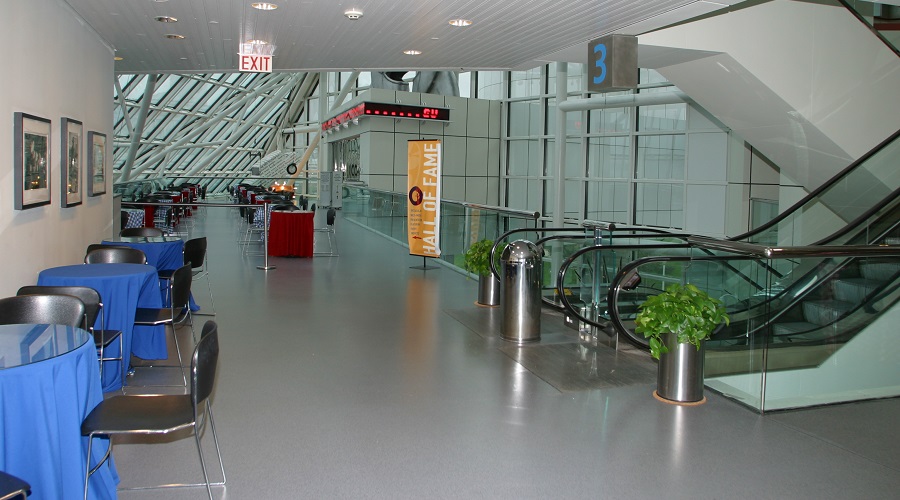
DO I NEED EPOXY FLOORING OR URETHANE FLOORING FOR MY FACILITY?
The installation of a seamless flooring system is a big decision to make in your facility. Epoxy and urethane formulations each offer many benefits. Read about the distinctions between the two to make the right flooring solution for your space.
Read More
-
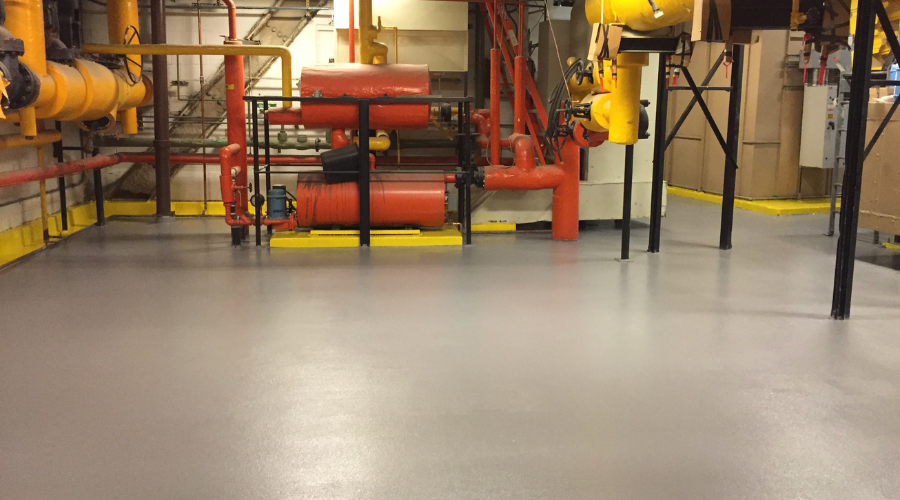
WHAT IS THE DIFFERENCE BETWEEN EPOXY COATINGS AND EPOXY PAINT?
Epoxy coatings contain a higher concentration of epoxy resins, which results in a stronger, more durable, faster drying product than epoxy paint.
Read More
-
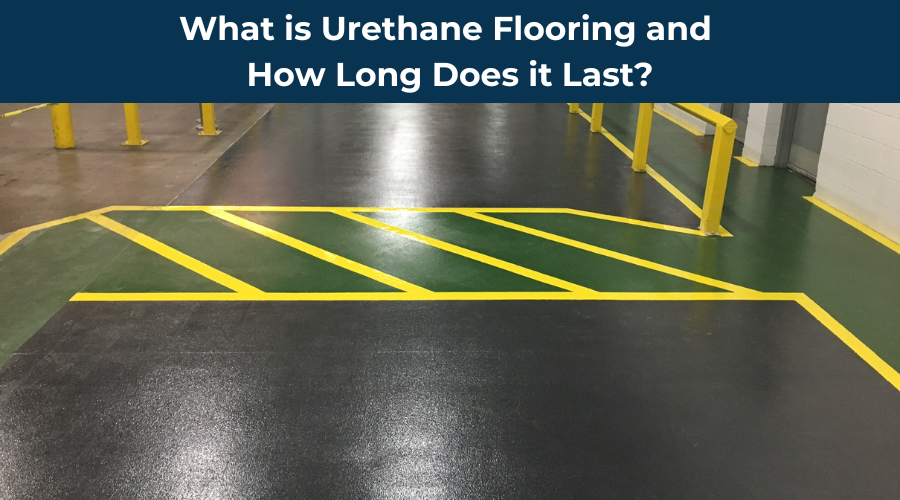
WHAT IS URETHANE FLOORING AND HOW LONG DOES IT LAST?
Urethane (or polyurethane) flooring is made from a versatile polymer that creates a durable, thermal shock-resistant flooring surface. Urethane floors can be expected to last 10 to 20 years or longer with proper maintenance.
Read More
-
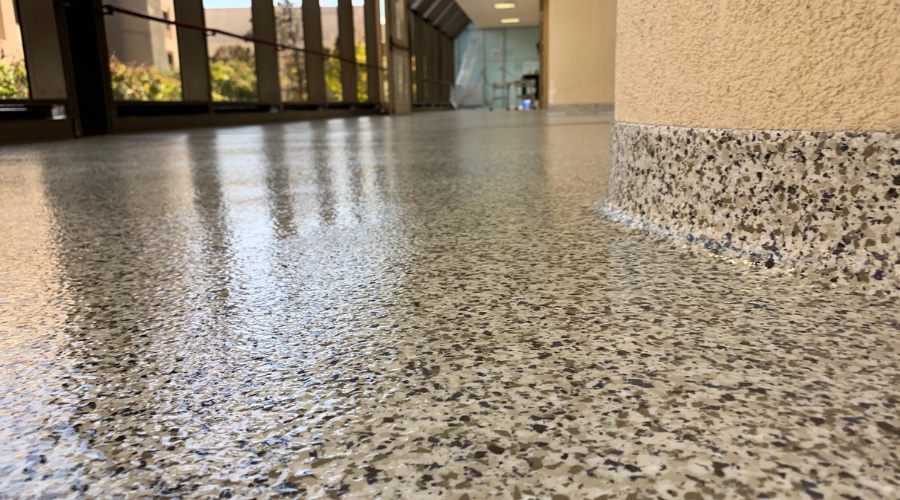
WHAT IS FLOOR COVING?
Floor coving is a type of flooring that involves creating a seamless transition between the floor and the wall. Essentially, the coving is a curved or sloping extension of the floor surface that blends into the base of the wall, providing a smooth and hygienic surface that is easy to clean and maintain. This type of flooring is commonly used in commercial and industrial settings where cleanliness and hygiene are a top priority.
Read More
-
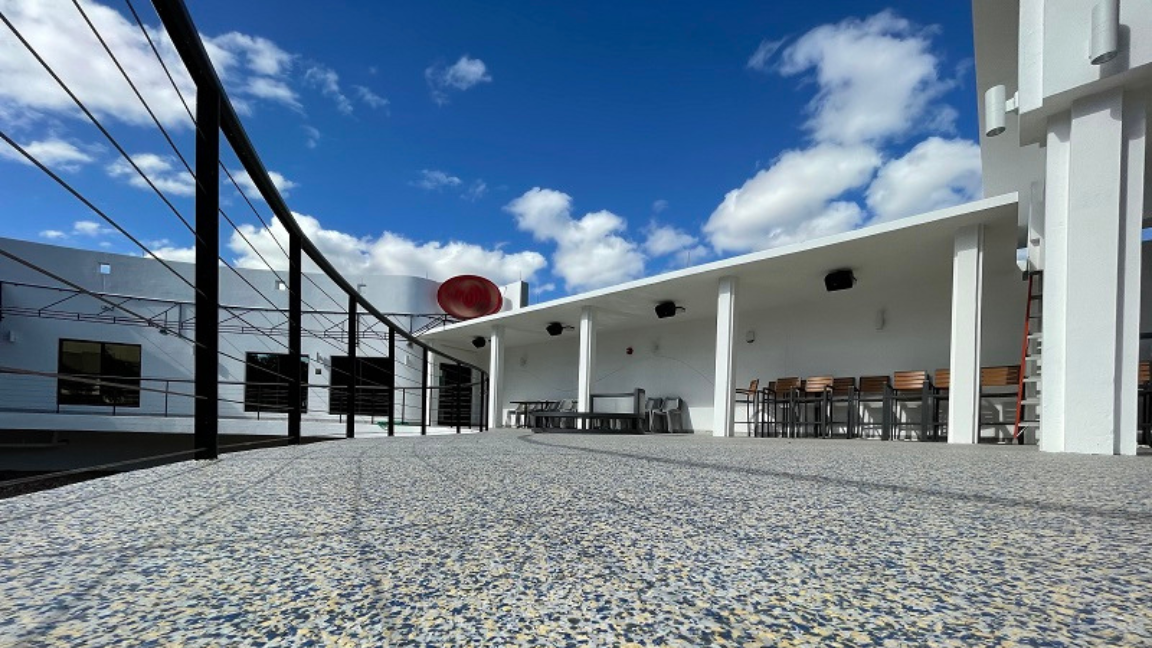
UNIQUE OUTDOOR FLOORING OPTIONS FOR COMMERCIAL BUSINESSES
Your commercial facility's outdoor spaces will see their fair share of wear and tear. Consider outdoor flooring products that stand up to pedestrian and weather abuse.
Read More
-
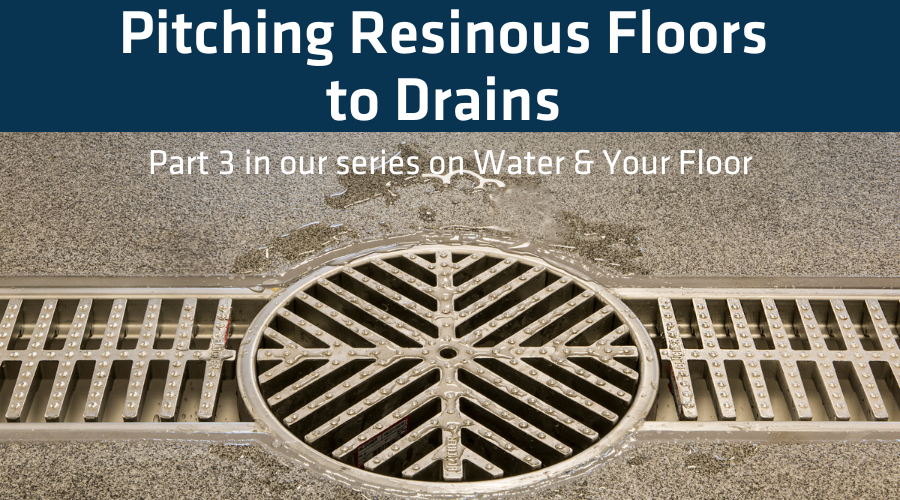
PITCHING RESINOUS FLOORS TO DRAINS, PART 3 IN OUR SERIES: WATER & YOUR FLOOR
In this article, we discuss the importance of resinous floor installation and pitching water to drains in industrial and commercial facilities.
Read More
-
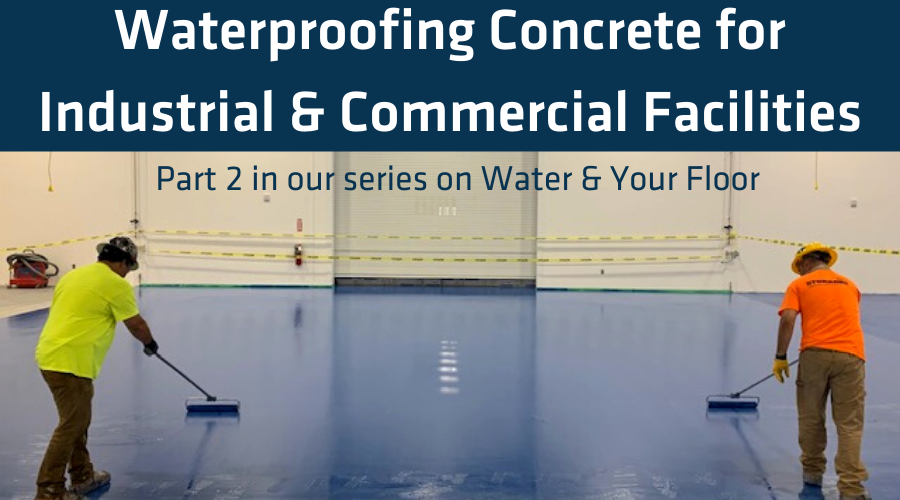
WATERPROOFING CONCRETE FOR INDUSTRIAL & COMMERCIAL FACILITIES, PART 2 IN OUR SERIES ON WATER & YOUR FLOOR
In this blog post, the second in a series on "Water and Your Floor," we discuss waterproofing concrete for industrial and commercial facilities. What makes a waterproof floor truly waterproof, why should you consider taking this step and where is it most beneficial? How is a waterproof floor installed? Our resident expert, Product Manager, Stephen Pattison, answers these questions and more.
Read More
-
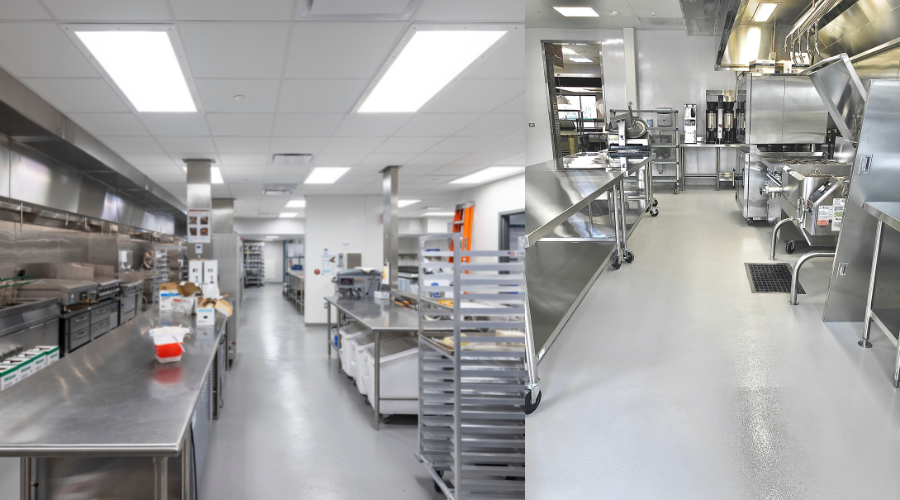
WHAT ARE THE BEST FLOORING OPTIONS FOR COMMERCIAL KITCHENS?
When building a commercial kitchen, one of the most important decisions to make is choosing the right floor to install. In this blog, we discuss which materials to avoid, and which ones are sure to last.
Read More
-
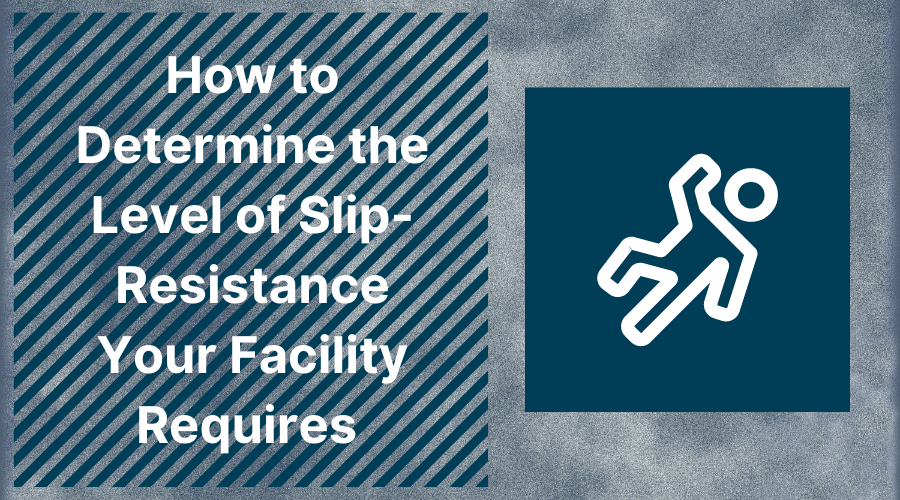
HOW CAN I DETERMINE WHAT KIND OF SLIP-RESISTANT FLOOR MY FACILITY REQUIRES?
In this article, we discuss slip-resistance testing including DCOF rating and SCOF rating slip tests and the process for determining the best slip-resistant flooring options for your facility.
Read More
-
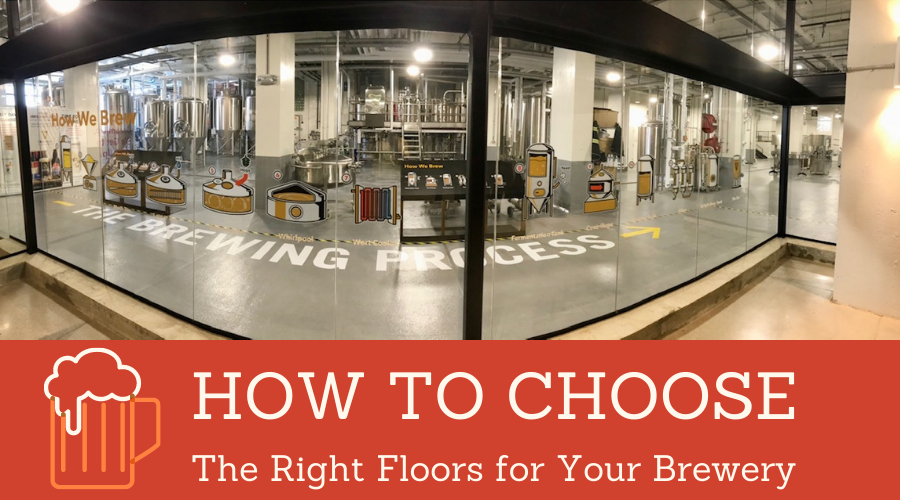
HOW TO CHOOSE THE RIGHT FLOORS FOR YOUR BREWERY
When choosing floors for your brewery, you want to get it right the first time. Floor failures can be costly in a number of ways, so it's critical to choose floors that will last, perform, and protect you from potential liabilities and damage to your reputation. In this blog post we discuss important considerations when selecting brewery floors for both back-of-house and front-of-house operations.
Read More
-
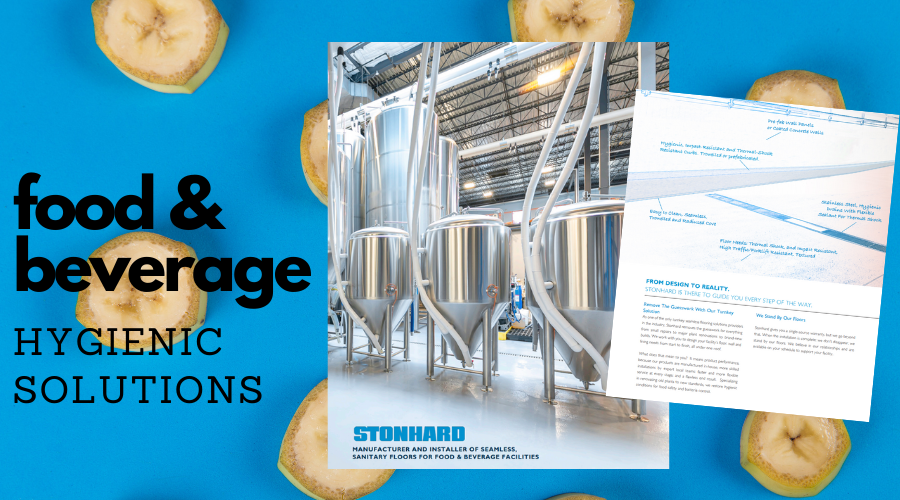
SANITARY FLOORING FOR FOOD & BEVERAGE COMPANIES
How do you meet hygienic standards in your food manufacturing facility, brewery, bottling line, or commercial kitchen? Stonhard addresses your concerns and explains the best solutions so you can be sure you are installing the right product to last and perform for years to come.
Read More
-
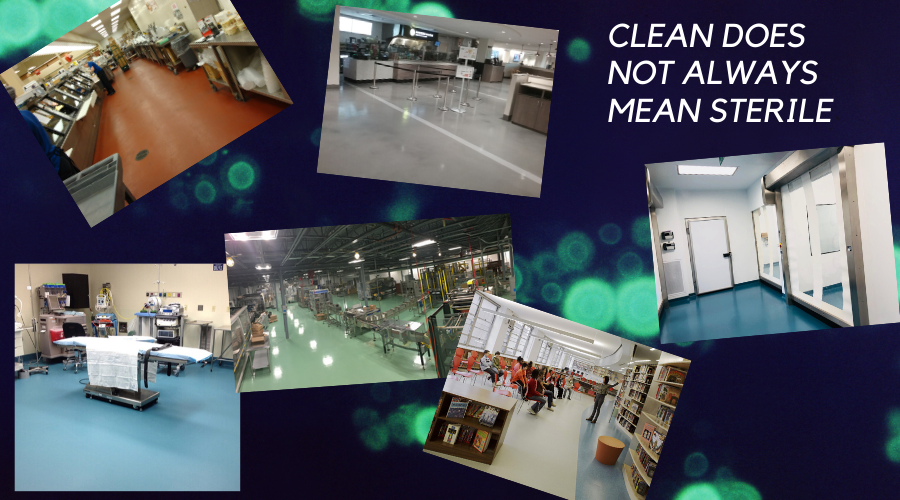
SEAMLESS, SANITARY FLOORS REDUCE RISK OF BACTERIAL CONTAMINATION IN INDUSTRIES FROM FOOD TO PHARMACEUTICAL TO WORK SPACES
Clean does not always mean sterile. If your industrial or commercial environment has flooring with welds, seams, or is composed of fabric, you are running the risk of bacteria finding spaces to harbor and grow and spread throughout the facility. Learn how seamless flooring can reduce the risk.
Read More
-
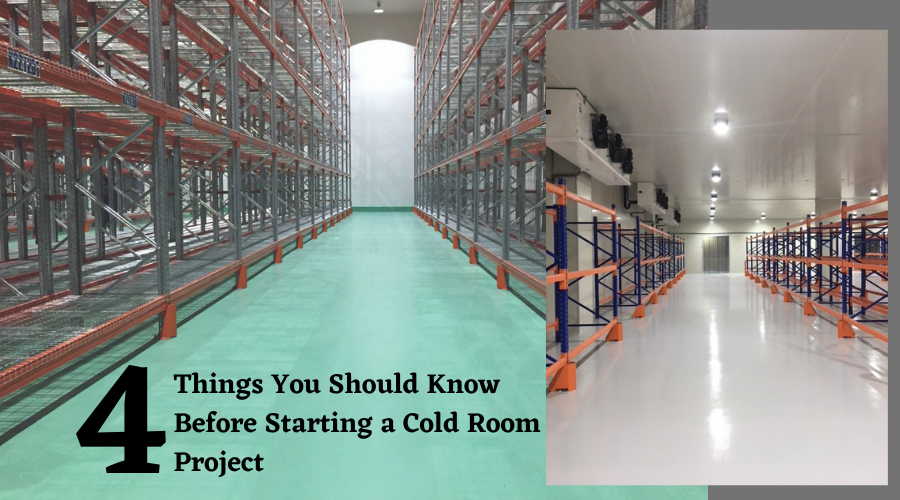
4 THINGS YOU SHOULD KNOW BEFORE STARTING A COLD ROOM PROJECT
Cold rooms, like cold storage facilities or walk-in coolers, require specific flooring chemistries and installation procedures. In this article, we cover what you need to know before you make a decision on products and installers.
Read More
-
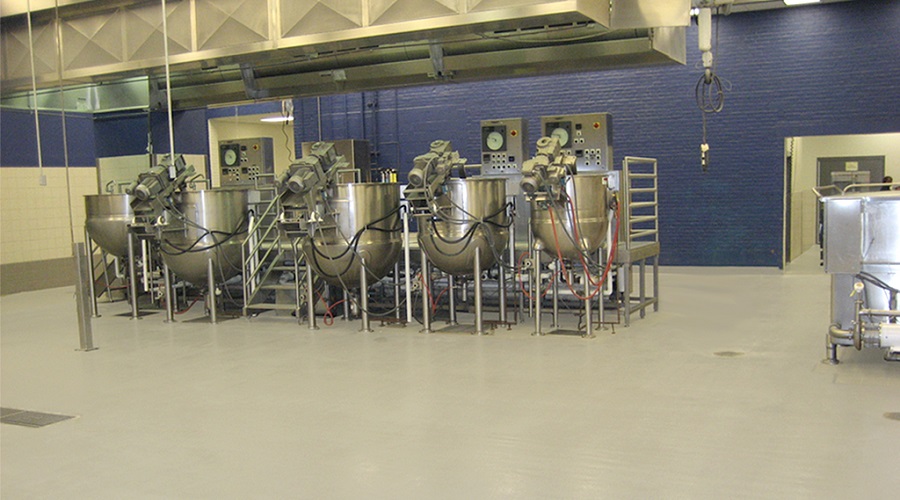
FLOORS FOR PLANT-BASED FOOD MANUFACTURERS
Food manufacturers are increasingly entering the plant-based food market. Flooring is an important factor in running a safe and efficient processing facility.
Read More
-
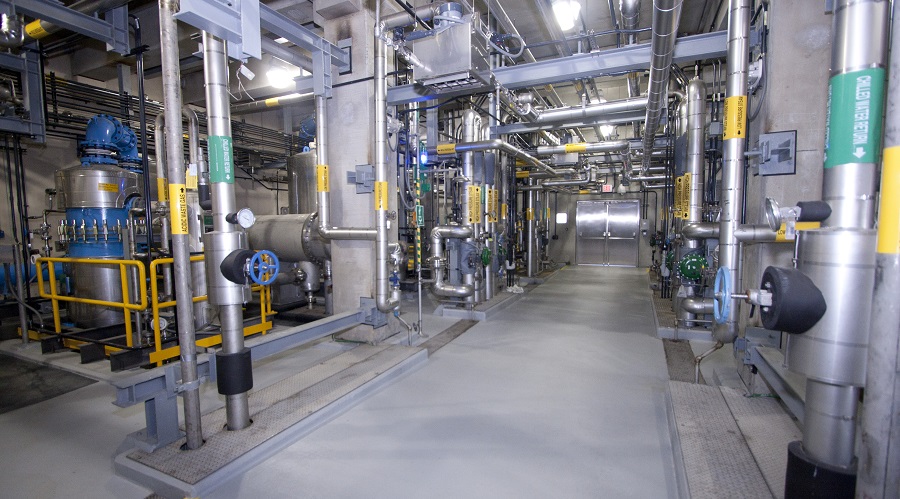
THREE TIPS TO STAY ON SCHEDULE WITH YOUR NEXT FLOORING PROJECT
Timing is crucial in the world of architecture and design. It means your reputation, your competitive edge, and, as they say, "time means money!" In this post, we'll give you three highly-effective ways to get your flooring project done on schedule.
Read More
-
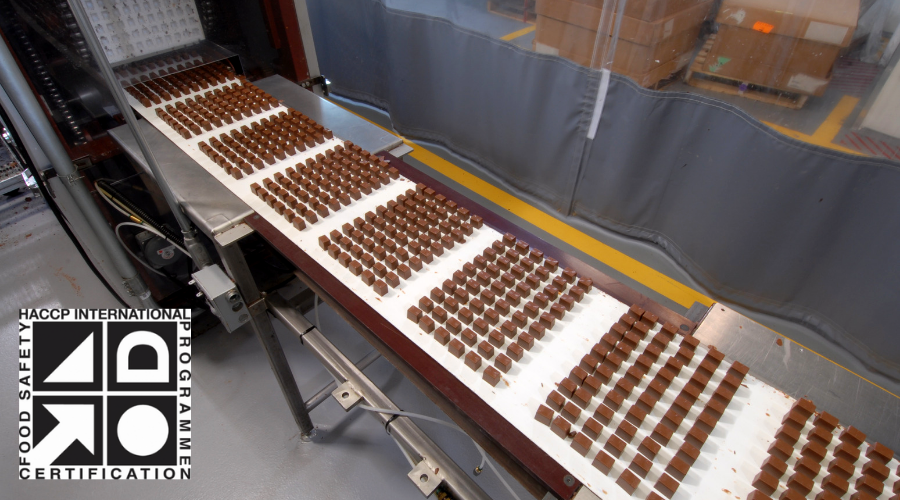
DO THE FLOORS IN YOUR FOOD AND BEVERAGE FACILITY MEET HYGIENIC STANDARDS?
In the world of Food & Beverage, plant hygiene is the number one priority. Sanitary design standards are key to maintaining and improving the conditions of food and beverage processing facilities where failures in building design can lead to growing bacteria, like listeria, and ultimately cause product contamination. Product contamination issues can lead to product recalls, revenue loss, brand damage, and consumer illness. In this blog post, you will learn about HACCP, HACCP International Certification, and how your flooring system is a key component in meeting hygienic standards.
Read More
-
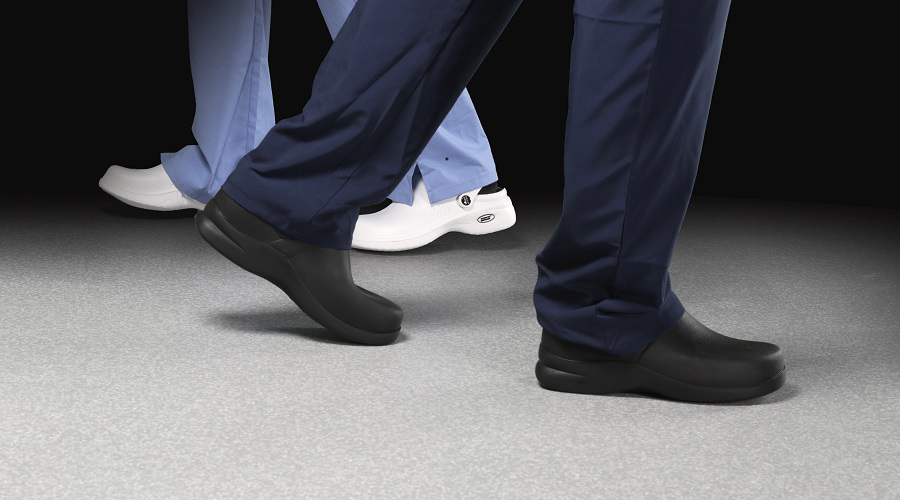
AN INTRODUCTION TO POURED FLOORING
Poured floors are suitable for both industrial and commercial use. By installing a poured floor you can achieve a number of performance benefits otherwise not available with traditional flooring and have an attractive aesthetic that can be customized for your facility. Learn about the three types of poured flooring and the areas they benefit.
Read More
-
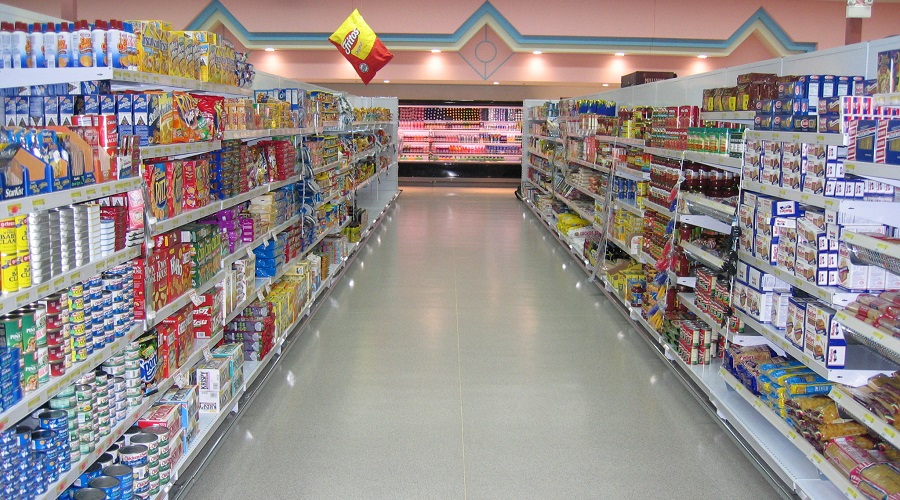
TOP 6 FACTORS FOR GROCERY STORE FLOORING
The right flooring choice for grocery and other retail stores is crucial to day-to-day operations and budgets. Read about the top factors you should consider when making this important, long-term decision.
Read More
-
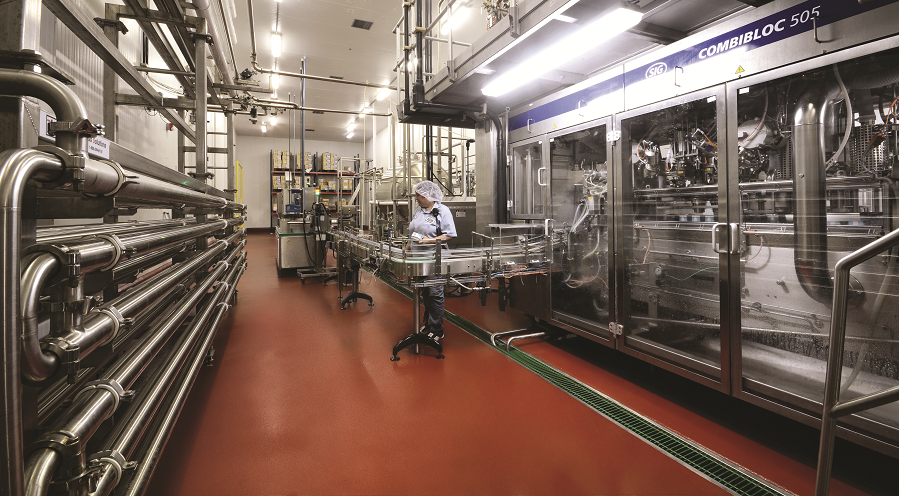
TOP 5 STONHARD PRODUCTS FOR THE FOOD & BEVERAGE INDUSTRY
Selecting the right flooring system is one of the most critical decisions for food and beverage companies. Our “Top 5” list details what flooring systems are best for long-term protection in your specific area of operation.
Read More
-
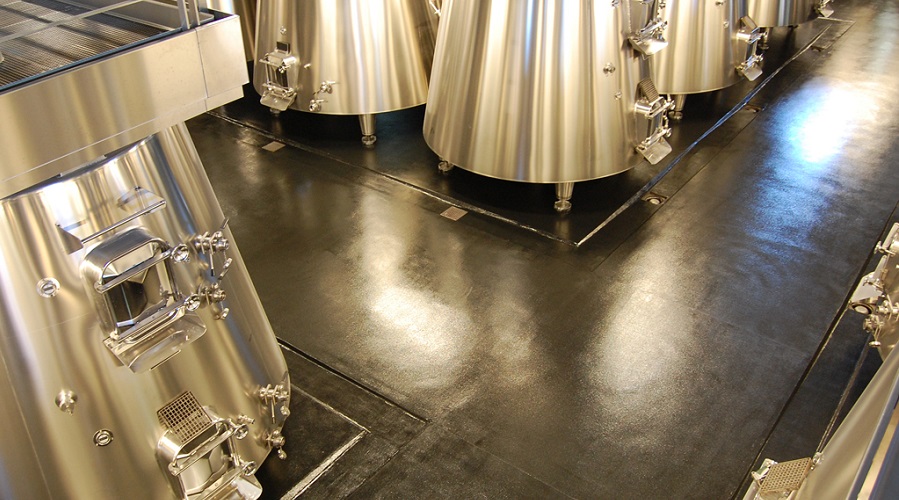
BEST FLOORS FOR WINERY PRODUCTION AREAS
With the wear and tear that the floor of a winery receives, it's vital to have the right floor in place. Find out why our Stonclad flooring is your best choice.
Read More
-
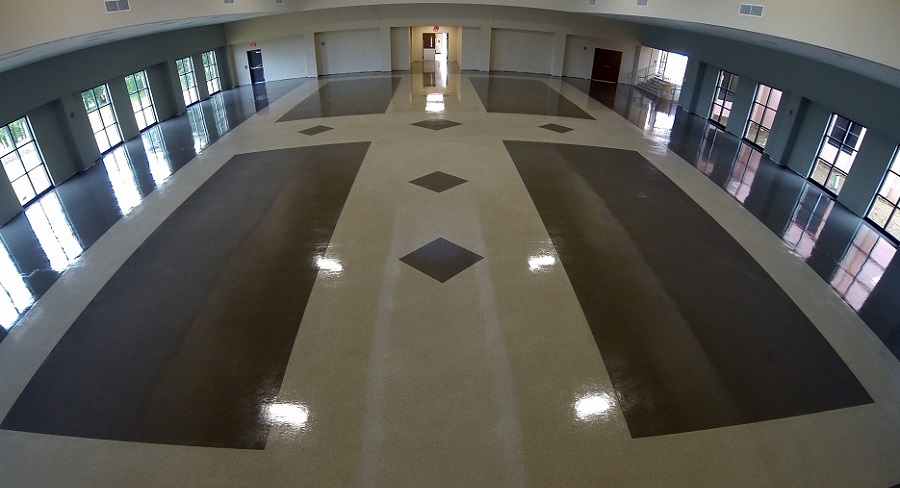
WHY SEAMLESS FLOORING IS IDEAL FOR COMMERCIAL ENVIRONMENTS
If you are in the market for a new floor for your commercial or industrial space, consider a seamless floor. Read about the safe, efficient and flexible designs available to you.
Read More